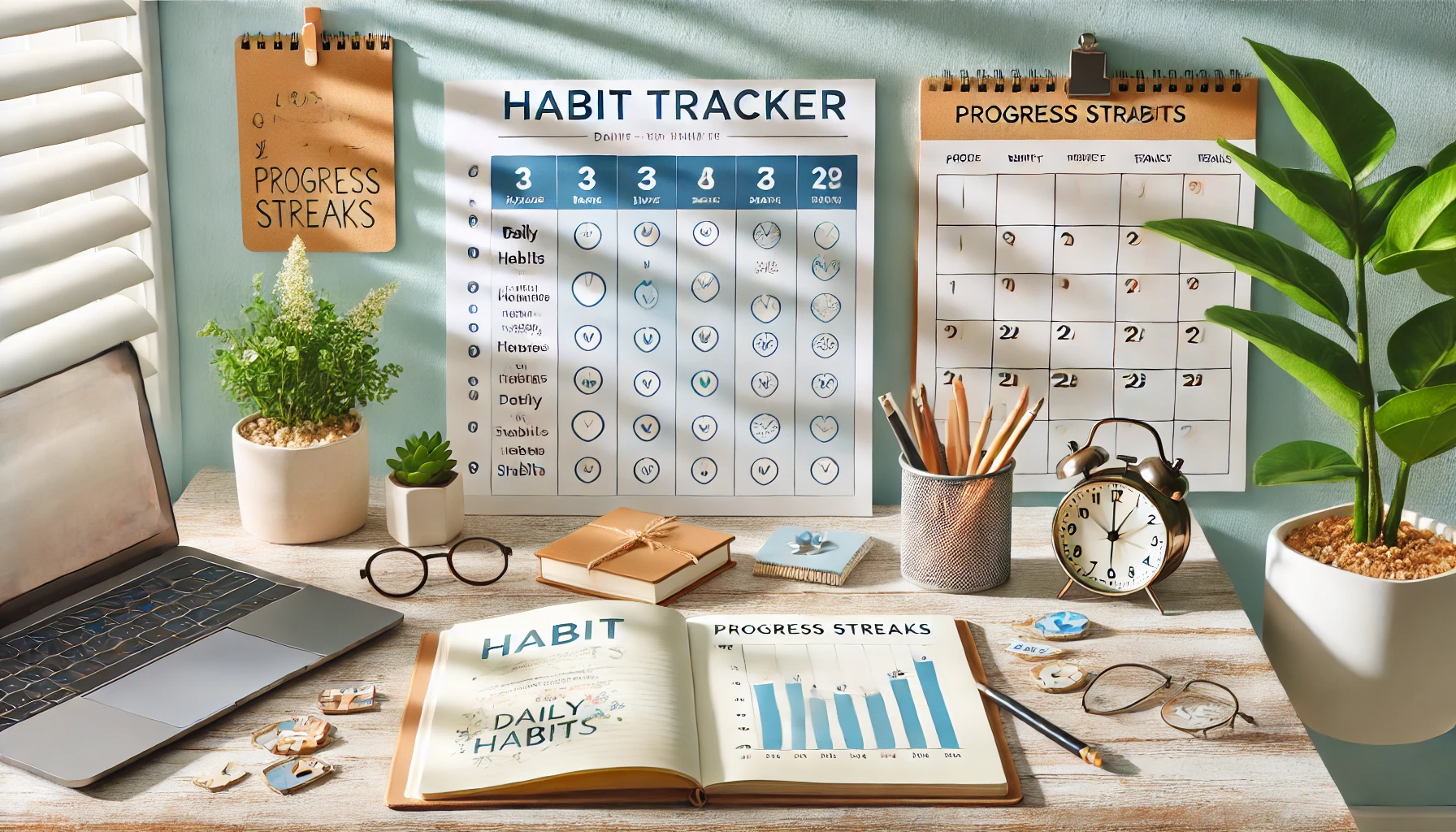Habits are one of the most powerful tools we have to change our lives. When I needed better control over my finances, I didn’t start with a complex app or financial advisor—I started with a single Excel spreadsheet. The habit? Logging every daily expense. At first, it felt tedious and hard to maintain. But as I kept going, I built a database that gave me clarity and power over my cash flow. That small habit became the foundation of something bigger. Here’s how you can build habits that stick—and lead to real transformation.
1. Start with One Simple, Repeatable Action
The best habits begin with a single step. Not a drastic overhaul. Not a 10-point plan. Just one repeatable action.
If it takes too much effort, you won’t sustain it. I didn’t start with budgets or categories—I just tracked. That was the win.
Examples:
- Write one sentence per day if you’re starting a journal.
- Save one receipt per day if you’re starting a budget.
- Do one stretch if you’re starting a morning routine.
The goal isn’t to impress—it’s to begin.
2. Focus on the Habit, Not the Result
Don’t chase the finish line—build the system. I wasn’t trying to “fix” my finances in a week. I was creating a behavior that would carry me long-term.
Ask yourself:
- “What do I want to do every day for the next 5 years?”
- “What’s the smallest version of that action I can commit to?”
Success comes from repetition, not intensity.
3. Use Visual Cues to Keep Habits Alive
Make the habit hard to ignore. I kept my spreadsheet shortcut on my desktop. That icon was my trigger to act.
Ideas:
- Leave your running shoes by the door.
- Keep your journal on your pillow.
- Set alarms as daily nudges.
Don’t rely on memory—use your environment as a silent coach.
4. Stack Habits Into Your Existing Routine
The best way to insert a new habit is to attach it to something you already do.
Formula: After [current habit], I will [new habit].
Real-life examples:
- After brushing your teeth, review your financial log.
- After turning off your alarm, drink a glass of water.
- After finishing lunch, update your budget tracker.
This links the new behavior to a familiar rhythm.
5. Make Habits Stupidly Easy (At First)
If a habit feels like a chore, you won’t do it. My first log didn’t even categorize expenses—it just listed them. That simplicity made it sustainable.
Use the 2-minute rule: “If it takes less than 2 minutes, just do it.”
And if it takes more? Break it down until it does.
6. Track Your Habits to Create Accountability
Measurement fuels consistency. A habit tracker gives you feedback and makes your progress visible. That’s powerful motivation.
How to track:
- Use a calendar and mark an “X” for every day you do the habit.
- Try a simple spreadsheet or app.
- Celebrate streaks—momentum matters.
A checked box becomes a micro-win. And wins add up.
7. Connect Habits to Your Identity
Want to stick to a habit? Don’t just “do the thing.” Become the kind of person who does it.
Ask:
- “What kind of person logs expenses daily?” Answer: “Someone who is financially disciplined.”
You’re not tracking money—you’re becoming someone who manages it with clarity.
8. Build Discipline, Not Motivation
Motivation is fleeting. Discipline is structural. I didn’t always feel like updating my spreadsheet—but I did it anyway. That’s what made it stick.
Tips:
- Remove excuses. Automate where possible.
- Set non-negotiable times.
- Build systems, not moods.
Discipline is doing what’s right even when it’s inconvenient.
9. Don’t Fear Imperfection—Just Don’t Miss Twice
You’ll mess up. Everyone does. The problem isn’t missing a habit—the problem is letting that miss snowball.
Rule: Never miss twice.
Skip today? Fine. Tomorrow, you’re back on. Forgive the slip, but don’t abandon the system.
10. Trust the Compounding Power of Habits
Daily actions may seem small—but their long-term effects are massive. Logging expenses taught me not just where my money went, but how to think about money. That’s how habits transform identity.
Be patient:
- Habits compound like interest.
- Progress may feel invisible—but it’s happening.
- Trust that consistency > intensity.
Final Thoughts
The habits you build today shape who you become tomorrow. Whether it’s managing finances, improving your health, or growing personally, it starts with a single, repeatable action.
- Start small and keep it simple.
- Stack new habits onto existing ones.
- Track progress and focus on who you’re becoming.
- Stay disciplined, even when motivation disappears.
If you want lasting change, forget hacks and shortcuts. Build habits—because that’s how real transformation happens.

